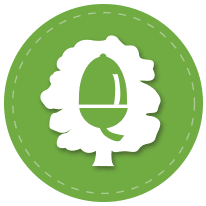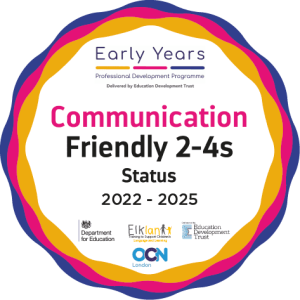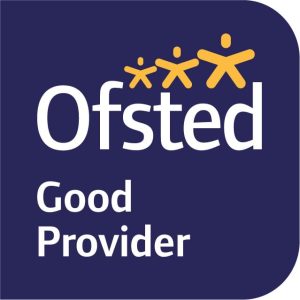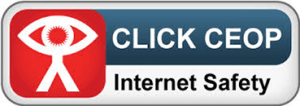The purpose of Early Years Pupil Premium (EYPP) funding is to help ‘close the gap’ between the lowest achieving children and those who are making appropriate progress or above.
Are you entitled to Early Years Premium (EYPP)?
3 and 4 year olds in state-funded early education will attract EYPP funding if they meet at least 1 of the following criteria:
- Income Support OR Income-based Jobseeker’s Allowance OR Income-related Employment and Support Allowance
- Support under part VI of the Immigration and Asylum Act 1999
- The guaranteed element of State Pension Credit
- Child Tax Credit (provided you’re not also entitled to Working Tax Credit and have an annual gross income of no more that £16,190)
- Working Tax Credit run-on, which is paid for 4 weeks after Working Tax Credit is stopped
- Universal credit
- They are currently being looked after by a local authority in England or Wales
- They have left care in England or Wales through: an adoption OR special guardianship order OR child arrangement order
Rationale
The purpose of Early Years Pupil Premium (EYPP) funding is to help ‘close the gap’ between the lowest achieving children and those who are making appropriate progress or above.
The Government allocates extra money per pupil directly to the school when families meet certain criteria relating to household income. Research has shown that these children are more likely to under achieve, therefore the EYPP is specifically used to make sure they reach their full potential in Early Years.
Schools are required to explain how funding is spent and the impact on this group of children’s progress.
Aclet Close Nursery School ensures that provision is made to secure outstanding teaching and learning opportunities which meet the needs of all children. We actively strive to remove any potential barriers to learning and our ethos is one of highly inclusive practice.
How are we using our EYPP funding?
Our on entry data shows that many of our children, including those from the EYPP group, start Nursery with lower than expected Communication and Language skills. Not being able to communicate effectively can impact negatively on a child’s well-being and self-esteem as well as all other areas of learning; therefore we feel that focussing on accelerating children’s attainment in this area is of paramount importance.
Early Years Pupil Premium will be used to fund weekly swimming lessons for eligible children.
Physical development is another of the three prime areas within the Early Years Foundation Stage (EYFS) that underpins other areas of learning including Writing. Not only do children benefit from the large movements involved with swimming, namely strengthening core muscles and developing balance and coordination, but they also learn about the importance of good health (physical exercise and healthy diet) and practice managing their own personal needs including getting dressed and undressed.
Swimming sessions also supports the Department of Health advice to aim for at least three hours of physical activity across the day for children in the Early Years.
The impact of EYPP funding is measured through the school’s routine assessment and tracking systems. Data is collected and analysed using Target Tracker on a half-termly basis.
April 2018 – April 2019
During Summer term 2018, the school had 13 eligible children and received £1344.85 (£103.45 per child). EYPP funding was used to pay for the children’s weekly swimming sessions and also contribute towards the cost of the services of a swimming teacher, lifeguard and additional member of Nursery staff for each session.
During Autumn term 2018, the school had 8 eligible children and received £890.40 (£111.30 per child). EYPP funding was used to pay for the children’s weekly swimming sessions and also contribute towards the cost of the services of a swimming teacher, lifeguard and additional member of Nursery staff for each session.
During Spring term 2019, the school has 8 eligible children and will receive £699.60 (£87.45 per child). EYPP funding will continue to be used to pay for the children’s weekly swimming sessions and also contribute towards the cost of the services of a swimming teacher, lifeguard and additional member of Nursery staff for each session.
During the academic year (from September 2017 – July 2018) the school received £2887.15 in total. Funded swimming lessons will continue in the academic year from September 2018 – July 2019 for eligible children.






